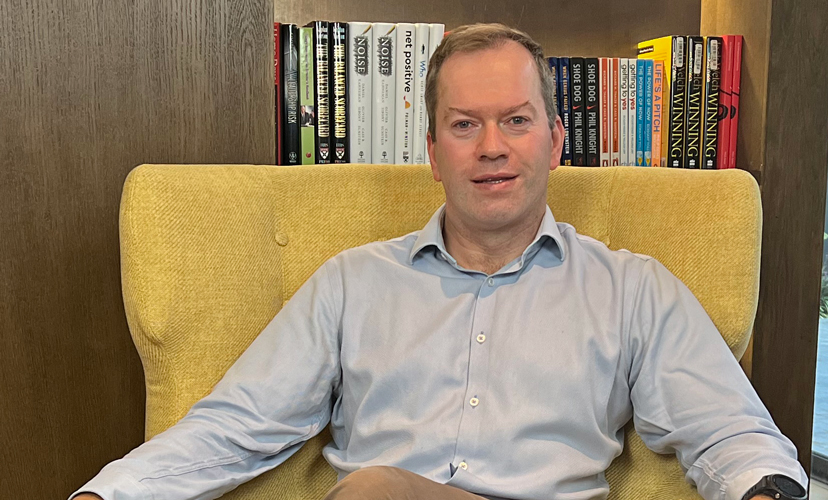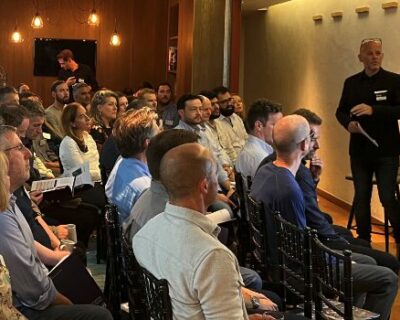Netflix is one of the most impressive transformation stories of recent times. It’s easy to forget the company started by sending out rental DVDs, then evolved successfully into a streaming subscription business. By now it has added multiple award-winning content creation to its armoury. The markets have recognised this journey: when I subscribed to the DVD rental at the end of 2006 during my time in Berkeley, Netflix was valued at $1.6bn. By the end of 2013 the market capitalisation had risen to $22bn, whereas now, at the end of November 2020, it is a staggering $216bn.
How has Netflix mastered these seminal transformations so impressively? Founder and CEO Reed Hastings attributes this phenomenal success to the culture he created at his firm. He enlisted the help of Insead Professor Erin Meyer to explain what this culture entails and how he built it in their book No Rules Rules. They describe what sounds like the nirvana of a corporate culture: an empowered workforce that has virtually no rules or corporate handbook to guide or control the actions of individual team members and thus can take big bets that allow a company to anticipate if not shape big shifts in end market behaviour.
Reed and Meyer make it clear from the beginning that the process to create this culture takes time and effort. They describe the cycle of increasing talent density to then increase candour in your business, which finally allows the company to release controls. This is not a singular cycle, rather Reed and Meyer advocate to repeat this cycle three times.
The first process step in each of these three cycles consists of increasing the talent density. This means that every new hire should raise the quality of the talent in your company. To get the best talent, Hastings is clear in advocating that a company must be willing to pay the potential hire – and every employee – the most she could get for her talents. In fact, this point is of such importance that Hastings even advocates to let go of mediocre performers to be able to hire or keep a top performer. Eventually this led Netflix to its famous keeper test: each manager is supposed to constantly ask “Would I fight hard to keep employee X if he told me he was leaving for a similar job at a competitor?” If the answer to this question is “No”, Hastings and Meyer recommend parting ways with the concerned employee immediately.
The second step in these cycles to get to a maximally empowered and responsible workforce is candid feedback. This is tougher than it sounds, as this feedback needs to be constructive. To guide employees, Netflix requires the feedback to follow these five principles (the “5 A’s”): i) aim to assist; ii) actionable, iii) appreciate; iv) accept or discard and v) adapt. In the context of Netflix, the adaptation refers to the different ways diverse cultures provide and receive feedback – a Dutch employee will be more used to direct feedback than a British one, for instance. It is also clear that a more talented workforce will enjoy and thrive in an environment of candid feedback more.
The third and final step in a cycle to achieve a top performing staff is the removal of controls. Hastings and Meyer advocate to start with small controls, such as travel budgets and vacation policies. If you see staff members abusing this freedom, provide feedback and, if not successful, use this as a prompt to increase the quality of your talent pool. If your company has gone through a cycle successfully a couple of times, your company can get to where Hastings sees Netflix: you can lead through context, not rules, and your team can make big bets like transitioning to streaming and content creation. Then you might reap the benefits that Netflix has so impressively done.
In conclusion, the culture that Reed Hastings and his team have managed to foster at Netflix is something to cherish and aspire to. However, the road to achieving this innovating culture is a long and stony one. It took Netflix no less than six years to go through the cycle just twice. Nonetheless, No Rules Rules provides a great example of how challenging the status quo of management systems and corporate cultures can lead to impressive results. This alone should provide inspiration to all entrepreneurs out there.











